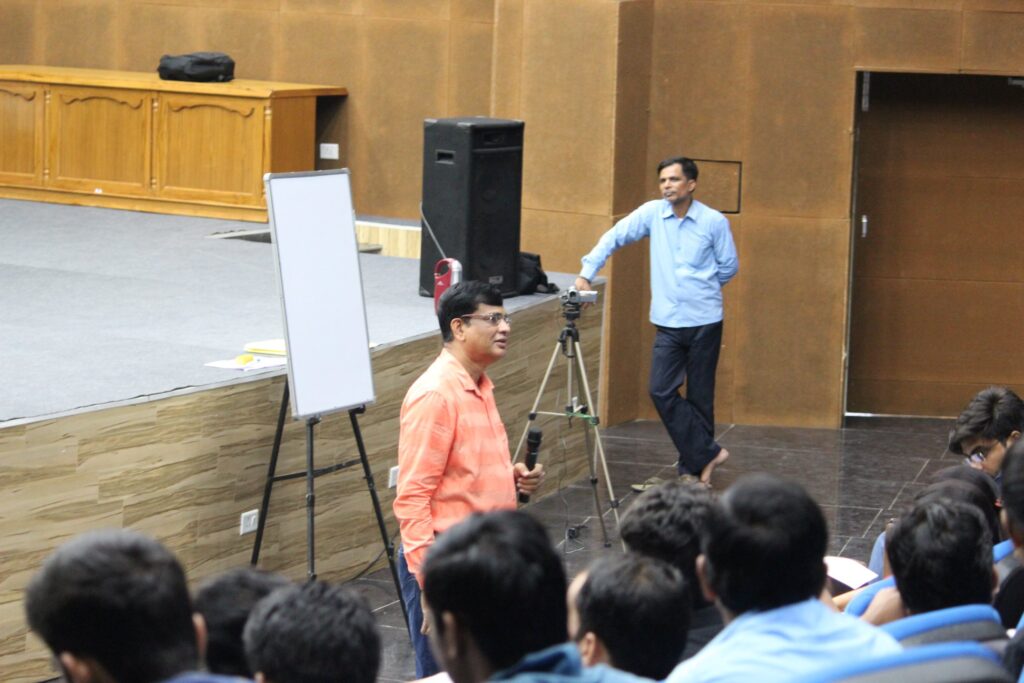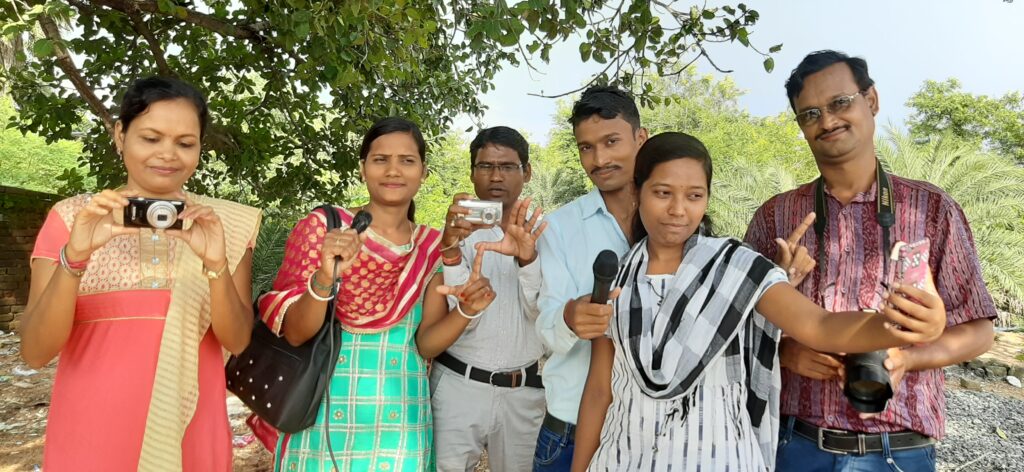Participative Governance in the context of COVID-19 Pandemic
Governance systems at all levels, i.e. global, national, and local, have experienced stress as a fallout of the COVID-19 pandemic. The governance institutions faced a mismatch in their capacity at different levels with the challenges they are required to manage. However, in India, it is widely reported that panchayats at the grassroots level produced better outcomes for their citizens.
India has 2.5 lakh gram panchayats, over 6 lakhs villages and around 4500 urban local bodies. Their role in tackling the impact of COVID-19 pandemic is growingly recognized both by highest political authority and civil administration in India. The Chief Minister of one of the states of India even empowered sarpanches the power of the district magistrate to ensure a decentralized way of tackling the pandemic, with registry facility and mechanisms for community-based monitoring.
When the number of COVID-19 cases continues to rise exponentially across the country, in states like Odisha, Kerala, Karnataka, West Bengal, Chhattisgarh the impact of the virus has a flattening curve and authorities have attributed this to the empowered local government institutions.
An assessment of the panchayats’ response and capacity in tackling the impact of Covid-19 may be a lesson for the government and the policymakers to further strengthen the capacity of local government institutions in different geographical areas.
The Indian case of decentralized governance may become a lesson for the governments throughout the world especially those who have centralised several key features of their efforts to tackle the COVID-19 crisis.


